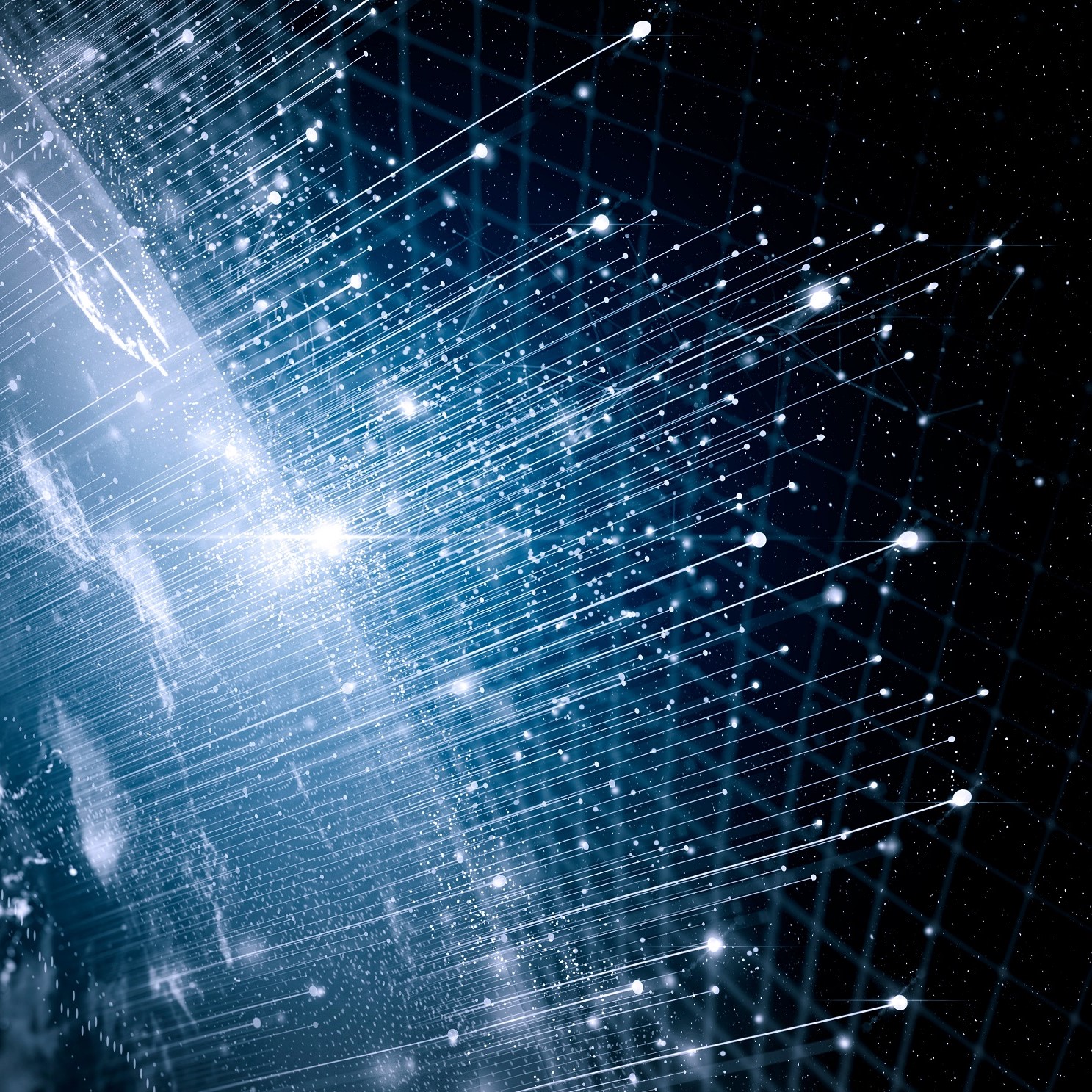04 July 2023
 Australian researchers have launched a $7 million project to build smarter spacecraft that are not reliant on ground communications.
Australian researchers have launched a $7 million project to build smarter spacecraft that are not reliant on ground communications.
The University of South Australia (UniSA), funded by Australia’s leading space research centre, the SmartSat Cooperative Research Centre (CRC), today announced plans to develop new autonomous spacecraft using artificial intelligence (AI).
The three-year UniSA-led project will involve eight SmartSat university and industry partners, including Airbus, Asension, Deakin University, Defence Science and Technology Group, Leonardo Australia, Saab Australia, and Swinburne University of Technology.
The research project aims to create a set of autonomous algorithms that will enable small and distributed spacecraft to make decisions independently, optimise the use of available resources and capabilities, adapt to changing conditions, and handle critical situations, without intervention from Earth.
The project will focus on high impact areas of spacecraft autonomy and onboard AI as identified and prioritised with the industry and defence partners, including:
- Onboard processing and actionable intelligence
- Small spacecraft and constellation resilience
- Dynamic optimisation of constellation resources
- Real-time tasking and resource allocation
SmartSat CRC Chair of Artificial Intelligence, UniSA STEM Professor Ryszard Kowalczyk, who is leading the project, says spacecraft autonomy will be a key feature of the next generation space systems.
“Spacecraft that can operate independently of ground contact will be able to respond to unexpected events in real time without needing to wait for commands from Earth. This autonomy will improve Australia’s remote sensing capabilities and other vital services undertaken in space, allowing us to push the boundaries even further in orbit,” Professor Kowalczyk says.
“It will help increase the responsiveness and continuity of space-based observations, minimise communication and data access delays, and reduce the costs for both space and ground operations."
SmartSat CRC CEO Professor Andy Koronios, says that, to date, onboard processing has been limited to data collection, but researchers hope the algorithms they develop will allow spacecraft to perform many tasks with less intervention from human operators.
“As autonomous technologies advance and are embraced, their place in space will expand and present new opportunities for applications here on Earth,” Prof Koronios says.
“The next generation of satellite communications and earth observation will be achieved using integrated systems of satellite constellations operating autonomously and performing multiple tasks in real time.
“Such AI-enabled technologies promise to transform major sectors of our economy such as agriculture, farming and mining and to better serve our defence and national security objectives.
“This investment is possible through the great support of the Federal Government CRC Program Australia and has the opportunity to develop leading technologies in space autonomy.”
The project team will also invite world-leading researchers to lend their expertise to the project, such as Professor Hanspeter Schaub, an expert in spacecraft astrodynamics, who is currently being hosted by UniSA under SmartSat's Visiting Research Fellow Scheme.
………………………………………………………………………………………………………………………
Contact for interview:
Professor Andy Koronios and Professor Ryszard Kowalczyk.
Media contacts
Candy Gibson, University of South Australia M: 0434 605 142 E: candy.gibson@unisa.edu.au
Alison Bowman, SmartSat CRC, M: 0481 273 462 E: alison.bowman@smartsatcrc.com




